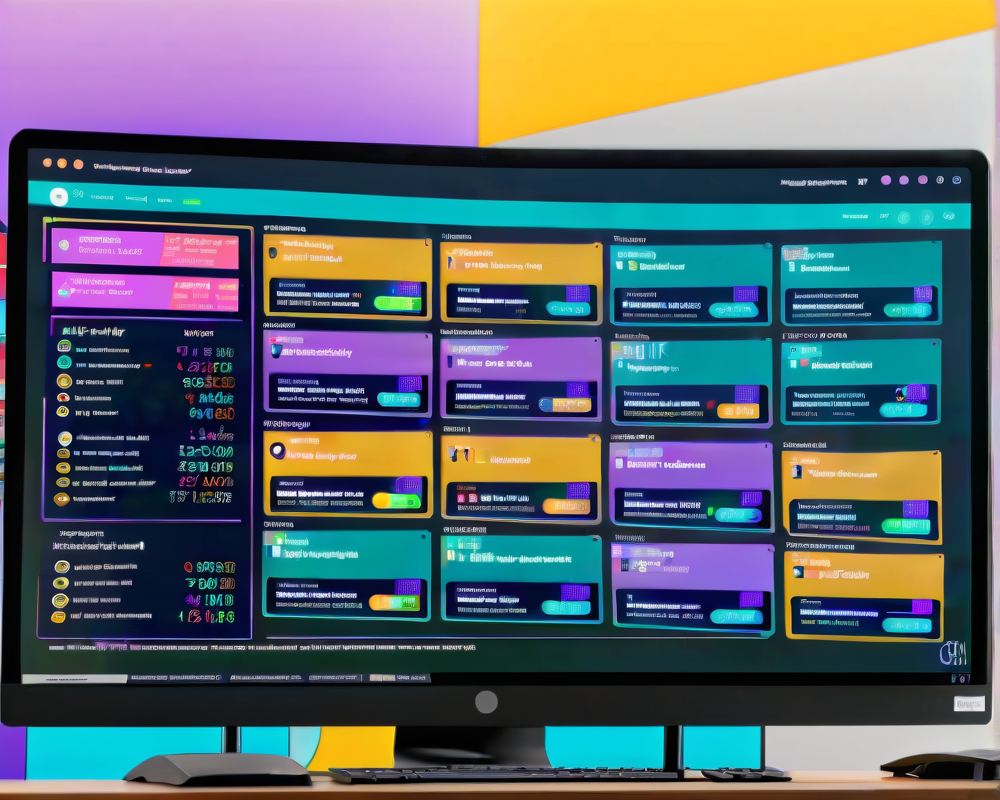Introduction to the NFT Hack Detection Dashboard
Let’s face it, NFTs are all the rage, but with great hype comes great responsibility, especially in terms of security. The wallet security team at ZenGo is stepping into the spotlight with a dashboard that flags suspicious NFT activities in real-time, and you can bet your digital cats it’s a game changer! This powerful tool is designed to help community members keep tabs on potential hacks, creating a safer NFT ecosystem.
How the Hack Detection Method Works
So, how does ZenGo’s NFT hack detector work? It’s simpler than you might think! The dashboard compares the realized trade amounts of NFTs to the floor price of their respective collections. When the ratio between these two figures raises a few eyebrows—let’s say it’s suspiciously low—the system flags it as a potential hack. Talk about being proactive!
The Scale of the Problem
At the time of launching this revolutionary dashboard, it had already flagged an impressive—and slightly alarming—$25 million worth of hacked NFTs. It’s as if the hackers are playing a high-stakes game of Monopoly, and we’re all just trying to avoid being sent to jail.
Understanding Offline Signatures and Their Risks
In the world of NFTs, offline signatures are where the risk lies, according to ZenGo’s CTO, Tal Be’ery. Users often find themselves in a precarious situation where they have to “blindly trust” the messages they are signing. There’s no telltale sign explaining what these signatures mean—it’s like playing poker without knowing the rules! This ambiguity allows hackers to maneuver their way through unsuspecting users, shady contracts, and half-baked platforms that share the blame when things go south.
Possible Solutions and Industry Collaboration
When asked about solutions, Be’ery pointed out the (not-so-great) current options: proprietary browser extensions that give some visibility, but they aren’t foolproof. It’s a troubling landscape, but the ZenGo team is not rolling over. They are collaborating with the Ethereum Foundation and taking steps to draft a new Ethereum Improvement Proposal (EIP). Essentially, this proposal aims to make offline signatures more user-friendly and transparent, so you don’t have to put all your trust in the digital ether.
Community Warnings and Staying Vigilant
As if the NFT world wasn’t chaotic enough, warnings about gasless transactions are echoing within the community. Projects like Harpie are sounding the alarm regarding a private auction scam targeting naive users on OpenSea. The moral of the story? Stay informed, stay alert, and keep those digital wallets locked up tighter than your grandma’s cookie jar!




